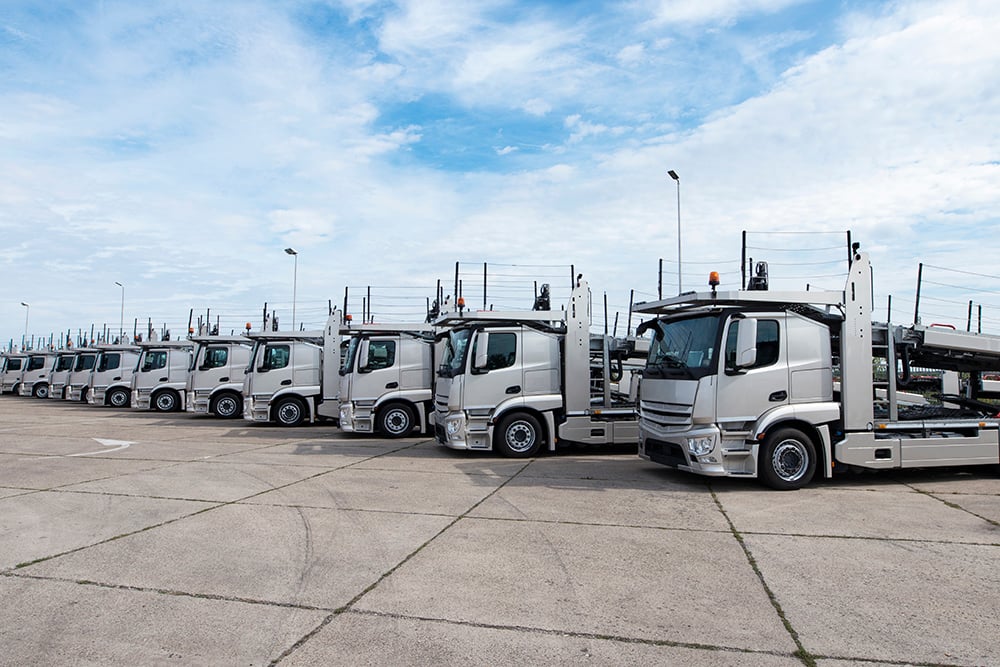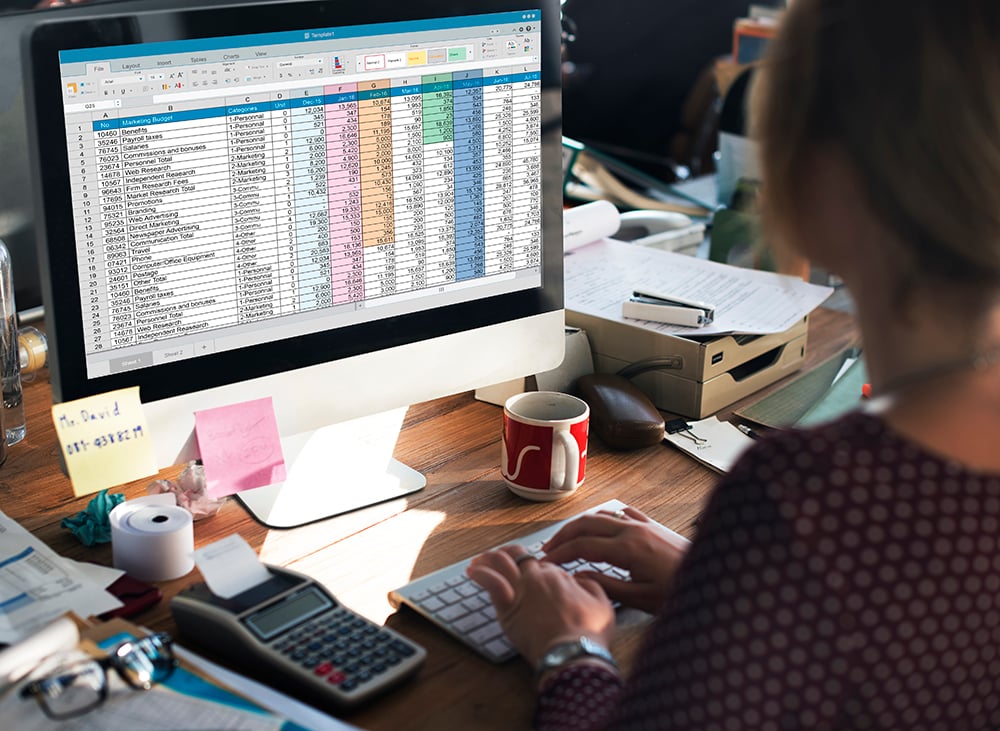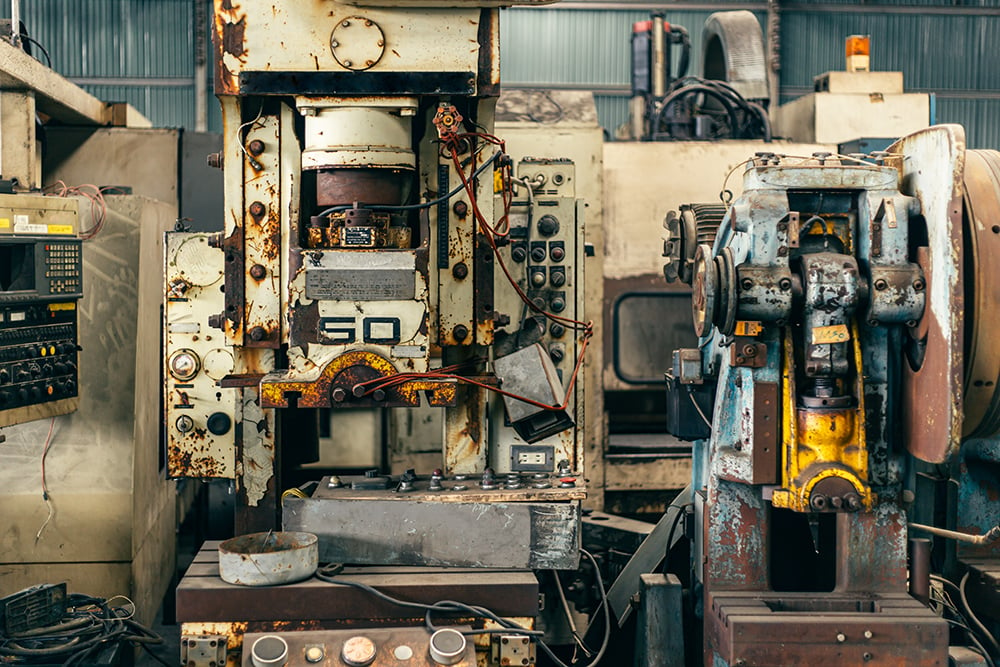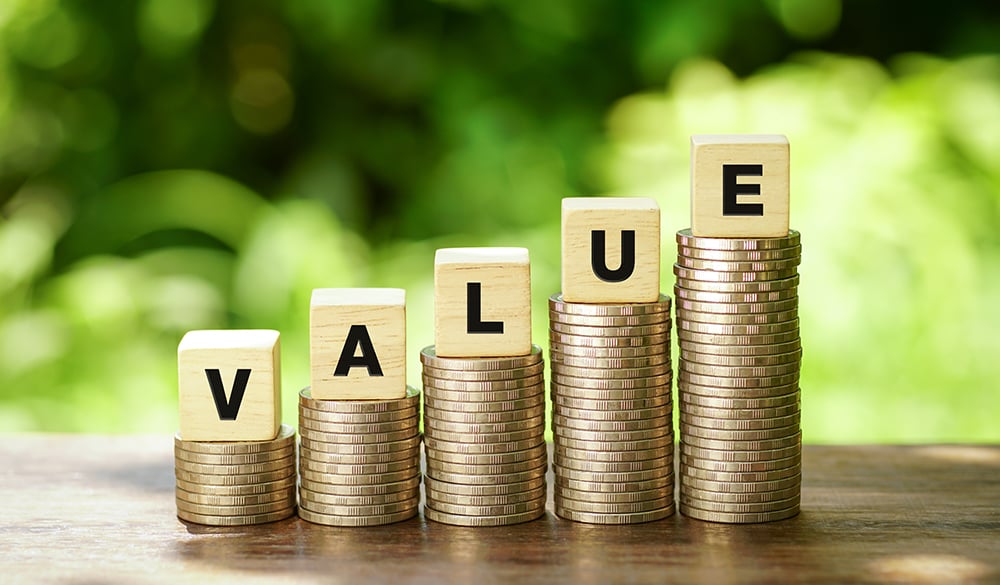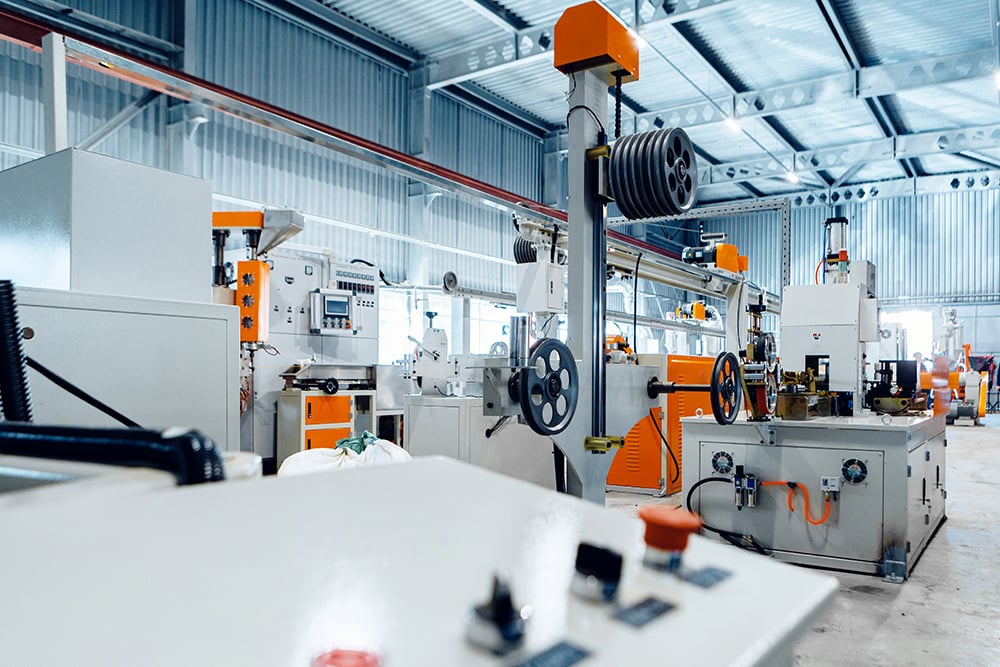
One of the most common documents an equipment appraiser will receive from their clients during the early stage of the valuation process is an asset depreciation report, which tracks all the capitalized machinery, FF&E, real property, and improvements that a company has invested in and acquired over time. This document can be useful in the valuation process; however, it is generally not reliable on its own.
The capitalized depreciation record will usually be categorized and itemized by type of asset and includes the date of acquisition, dollar amount, and a brief description of the item. There will also be columns for accounting information so the company can internally track depreciation while providing a helpful tool for property tax and balance sheet purposes.
From an appraisal perspective, the original acquisition dates and associated investment amounts are the most beneficial pieces of information, however, with the descriptions typically abbreviated, it will be difficult to rely on the document to create an accurate itemized listing for the purposes of researching values. These documents can also be incomplete or include equipment that has long been disposed of. This is because companies will expense a portion of their equipment purchases while not having a consistent process in place for updating the report for accuracy.
It is important the appraiser and client review this listing together with the goal of expanding the descriptions while adding items that are not on the list and excluding those that should be removed.
For example, old computer equipment might have been sold or scrapped years ago for newer models but remain on the list, or there may be $10,000 worth of hand tools that were expensed over the years and never capitalized and depreciated.
The goal in any M&E appraisal is to create a refined list that is reasonably accurate and complete so the valuation process will be supportable. The primary focus can be on the larger, more valuable equipment while potentially grouping smaller asset types like office equipment and support tools so the process doesn’t get too bogged down and time-consuming.
In summary, when you provide an asset depreciation schedule as part of the data requested by the appraiser, anticipate the need to get more involved to afford them a better understanding of the detail behind it so they can develop a more accurate listing that represents your company’s machinery and equipment.
Simply put, the better the data provided, the better the result will be with the valuation. Discuss this topic with your appraiser proactively to ensure a timely and effective process.


